Discover the best Caribbean islands for eco-tourism! From lush rainforests to vibrant coral reefs, these destinations offer sustainable adventures. Start planning your next eco-friendly getaway now!
Are you a nature lover? Have you always dreamed of exploring breathtaking landscapes and immersing yourself in the beauty of the environment? Well, you’re in luck! In this article, we will be discussing the best Caribbean islands for eco-tourism. From lush rainforests and pristine beaches to diverse marine life and sustainable initiatives, these islands have it all. So get ready to embark on an unforgettable eco-adventure and discover the hidden gems of the Caribbean!
Curious to know which islands made the cut? In the upcoming paragraphs, we will be delving into each island’s unique features and attractions that make them the best Caribbean islands for eco-tourism. Whether you’re interested in bird-watching, hiking, snorkeling, or simply appreciating the wonders of nature, there’s something for everyone in this tropical paradise. Stay tuned to find out more about these incredible Caribbean islands and start planning your next eco-friendly getaway!
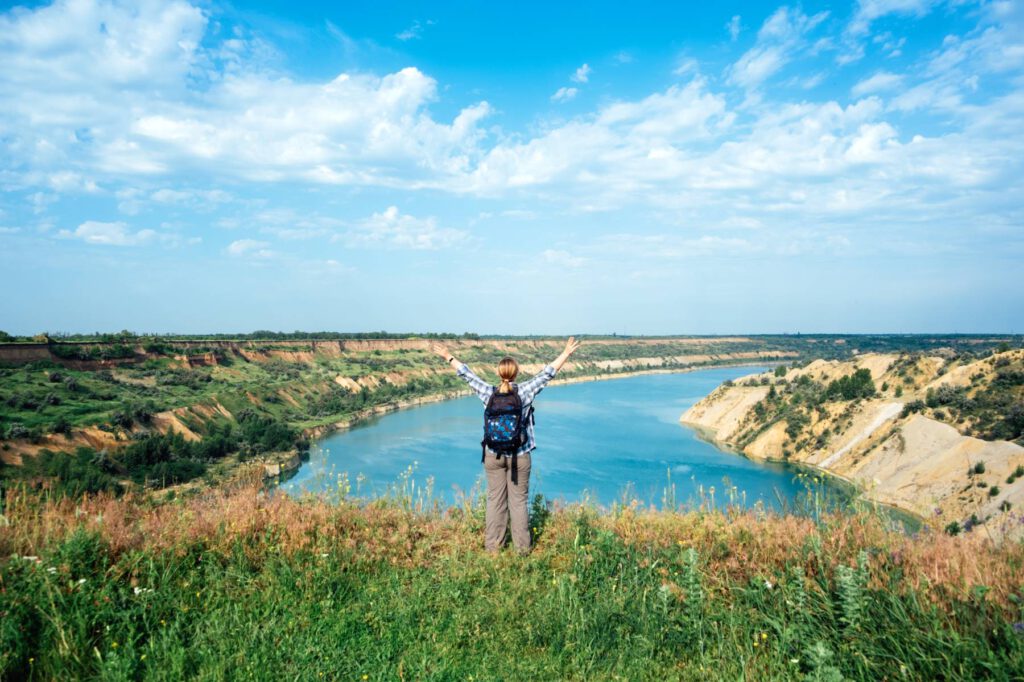
Introduction best caribbean islands for eco-tourism
Defining eco-tourism
When it comes to exploring the wonders of nature while also prioritizing its preservation, eco-tourism is the way to go. Eco-tourism, also known as ecological tourism, focuses on sustainable practices that minimize the negative impact on the environment and promote the well-being of local communities. It involves visiting natural areas, immersing yourself in local culture, and actively participating in conservation efforts. In recent years, there has been a growing interest in eco-tourism as more and more travelers seek meaningful and responsible ways to experience the world.
Dominica
Dominica’s commitment to eco-tourism
If you’re looking for a Caribbean destination that wholeheartedly embraces eco-tourism, Dominica should be at the top of your list. Known as the “Nature Island of the Caribbean,” Dominica is a pioneer in sustainable tourism practices. The country is committed to protecting its pristine natural landscapes and has implemented several initiatives to promote eco-friendly tourism.
Morne Trois Pitons National Park
One of the must-visit eco-tourism destinations in Dominica is the Morne Trois Pitons National Park. This UNESCO World Heritage site is home to breathtaking volcanic landscapes, lush rainforests, and numerous natural wonders. You can embark on hikes to discover stunning waterfalls such as Emerald Pool and Trafalgar Falls, or explore the awe-inspiring Boiling Lake, a bubbling cauldron of hot water and steam.
Boiling Lake hike
For adventure enthusiasts, the Boiling Lake hike is a thrilling experience that showcases Dominica’s natural beauty. The strenuous trek takes you through dense forests, hot springs, and steam vents until you reach the boiling lake itself. It’s a truly unique and unforgettable journey that rewards you with unparalleled views and a sense of accomplishment.
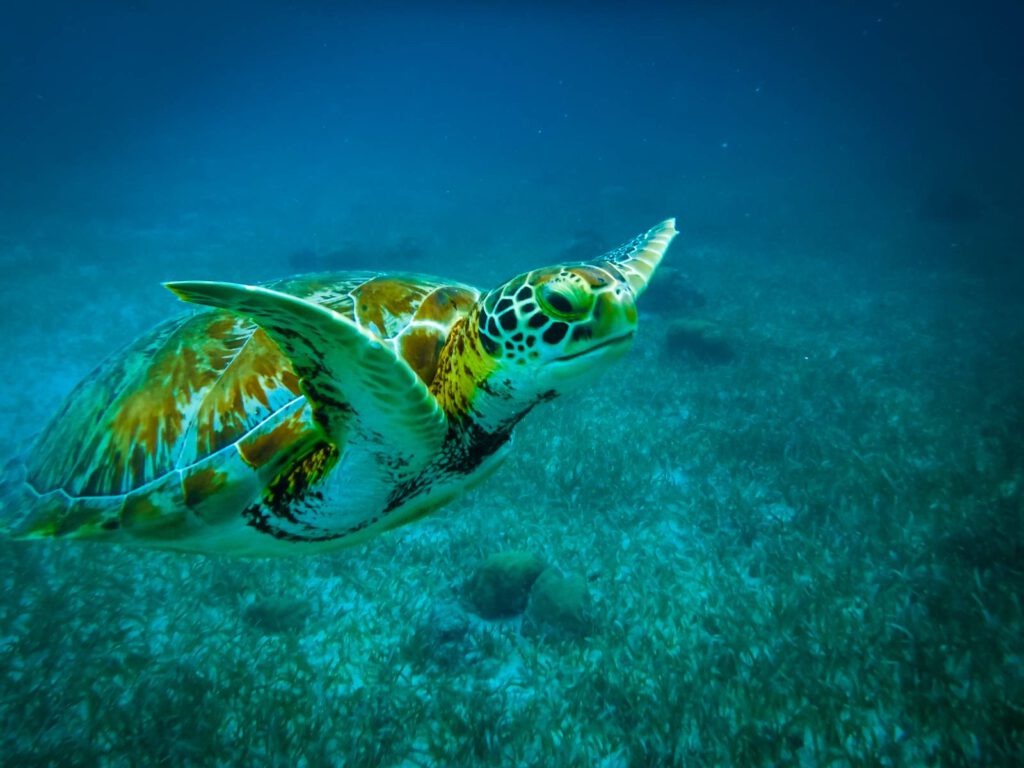
Costa Rica
Costa Rica’s eco-friendly policies
Costa Rica, often hailed as a global leader in eco-tourism, has made significant strides in preserving its natural heritage. With a commitment to sustainability and environmental conservation, this Central American country has become a haven for eco-conscious travelers.
Monteverde Cloud Forest Reserve
One of the crown jewels of Costa Rica’s eco-tourism offerings is the Monteverde Cloud Forest Reserve. This biological reserve is renowned for its incredible biodiversity, lush cloud forests, and misty landscapes. Here, you can embark on guided hikes, explore suspended bridges among the treetops, and even zip-line through the canopy for a thrilling adventure.
Tortuguero National Park
Tortuguero National Park is another highlight of Costa Rica’s eco-tourism scene. This protected area is home to an incredible array of wildlife, including endangered sea turtles that nest on its pristine beaches. Take a boat tour along the park’s network of canals, spotting exotic animals such as howler monkeys, jaguars, and colorful birds along the way. It’s an immersive experience that truly connects you with the wonders of nature.
Belize
Belize Barrier Reef Reserve System
For those seeking a Caribbean eco-tourism experience that combines the wonders of marine life with pristine nature, Belize is the ultimate destination. The Belize Barrier Reef Reserve System, a UNESCO World Heritage site, is the second-largest barrier reef in the world. Here, you can snorkel or dive among vibrant coral reefs, swim alongside nurse sharks and stingrays, and encounter incredible marine biodiversity.
Cockscomb Basin Wildlife Sanctuary
If you have a love for big cats, a visit to the Cockscomb Basin Wildlife Sanctuary in Belize is a must. This protected area is the world’s first jaguar reserve, dedicated to preserving the country’s largest native cat species. While spotting a jaguar in the wild is a rare and fortunate occurrence, the sanctuary offers hiking trails where you can immerse yourself in the unique habitat that these majestic creatures call home.
Great Blue Hole
Another natural wonder that Belize boasts of is the Great Blue Hole. This massive underwater sinkhole, located off the coast of Belize, is a bucket-list destination for divers around the world. Dive into the crystal-clear waters to discover stunning marine life and encounter breathtaking rock formations. It’s an awe-inspiring experience that truly showcases the wonders of nature.
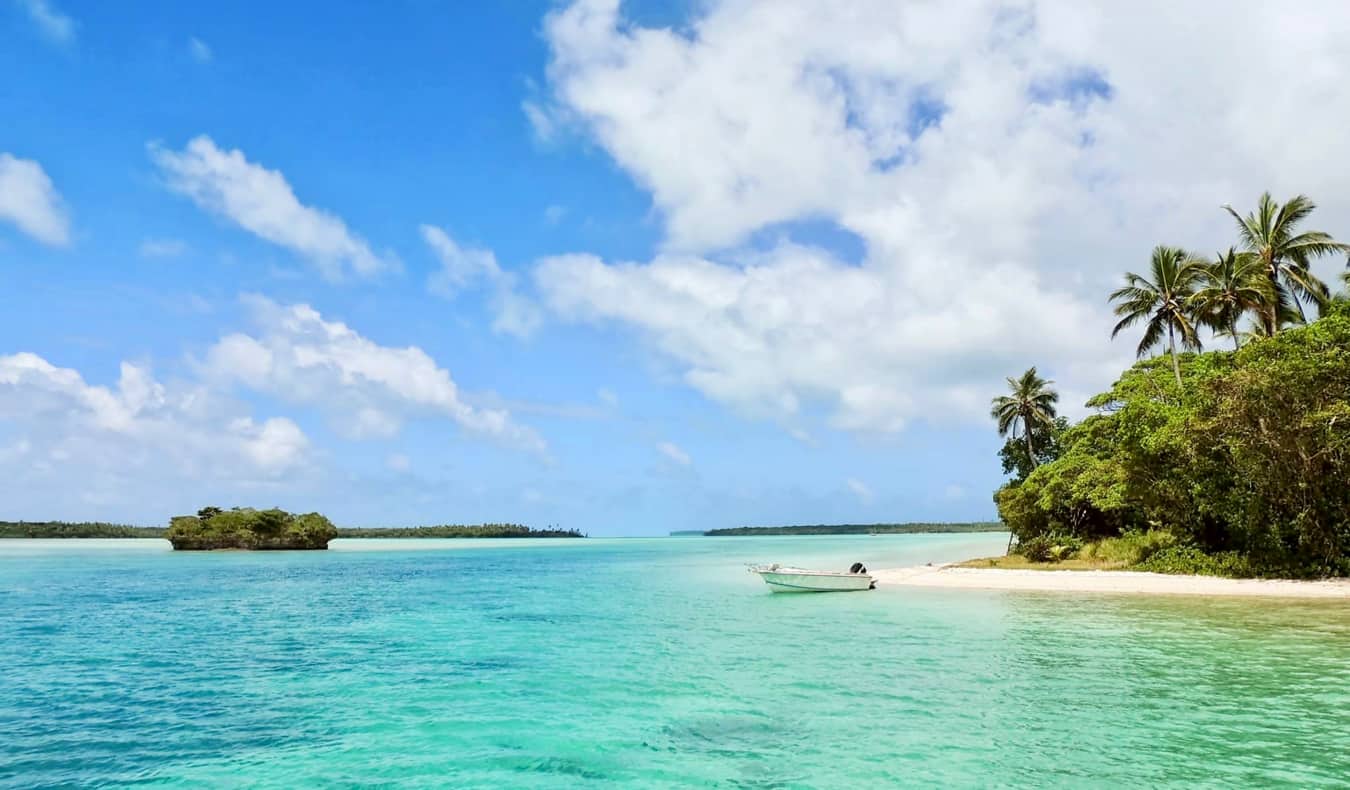
St. Lucia
Piton Mountains
When it comes to eco-tourism in the Caribbean, St. Lucia is often regarded as a hidden gem. Its most iconic natural landmarks are the Piton Mountains, two volcanic peaks that rise dramatically from the Caribbean Sea. These majestic mountains are a UNESCO World Heritage site and offer breathtaking views, challenging hiking trails, and unique opportunities to explore tropical rainforests.
Soufriere Marine Management Area
For marine enthusiasts, the Soufriere Marine Management Area in St. Lucia is a true paradise. This protected marine park is teeming with colorful coral reefs, vibrant marine life, and underwater caves waiting to be explored. Snorkel or dive to witness the beauty of this underwater world, and if you’re lucky, you may even spot playful dolphins or majestic turtles.
The Diamond Botanical Gardens
If you’re looking for a more relaxed eco-tourism experience, the Diamond Botanical Gardens in St. Lucia is the perfect destination. This tranquil oasis boasts of beautiful botanical gardens, natural hot springs, and a breathtaking waterfall. Take a leisurely walk amidst exotic flora, rejuvenate in the therapeutic hot springs, and bask in the natural beauty that surrounds you.

Jamaica
Blue Mountains
Jamaica, known for its vibrant culture and reggae beats, also offers unique eco-tourism experiences. The Blue Mountains, a UNESCO World Heritage site, are a haven for nature lovers and adventure seekers alike. Embark on a guided hike to reach the summit of Blue Mountain Peak, the highest point in Jamaica, and be rewarded with sweeping panoramic views that stretch all the way to the coastline.
Dunn’s River Falls
For a refreshing eco-adventure, head to Dunn’s River Falls in Jamaica. This iconic waterfall cascades down limestone terraces, creating natural pools and stair-like formations that you can climb. Join a guided tour to safely navigate the falls, and revel in the rejuvenating experience of being one with nature.
Bob Marley Museum
A visit to the Bob Marley Museum in Kingston, Jamaica, is another way to combine eco-tourism with cultural immersion. Learn about the legendary musician’s life, influence, and commitment to social change. The museum is set in the former home of Bob Marley, featuring his personal mementos, photographs, and a recording studio. It’s a unique opportunity to delve into the island’s rich cultural heritage.
Bahamas
Andros Island
If you’re seeking an eco-tourism experience off the beaten path, Andros Island in the Bahamas is the perfect destination. This untamed paradise is known for its vast stretches of unspoiled beaches, pristine mangrove forests, and turquoise blue holes. Explore the island’s diverse ecosystems, encounter rare bird species, and immerse yourself in the tranquility of nature.
Exuma Cays Land and Sea Park
For marine and wildlife enthusiasts, the Exuma Cays Land and Sea Park is a must-visit in the Bahamas. This protected area spans over 176 square miles and encompasses stunning coral reefs, mangroves, and marine habitats. Swim with colorful tropical fish, spot various bird species, and marvel at the beauty that this untouched sanctuary offers.
Dean’s Blue Hole
Dean’s Blue Hole, located on Long Island in the Bahamas, is a natural wonder that will leave you in awe. This underwater sinkhole is the deepest of its kind in the world and attracts divers from around the globe. Dive into the crystal-clear, sapphire-blue waters to explore the mesmerizing depths and encounter unique marine life.
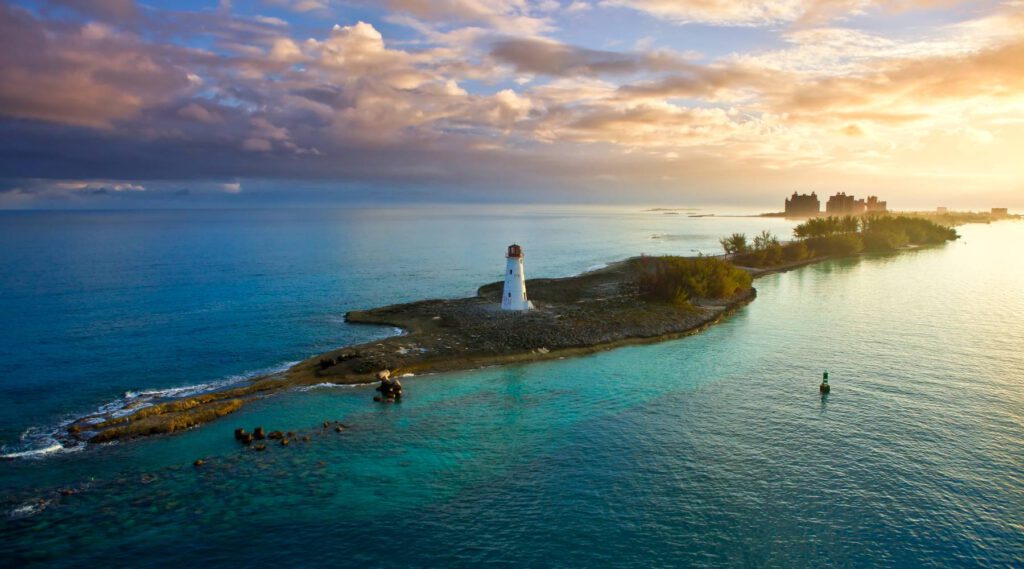
Endangered Wildlife in the Caribbean
Hawksbill turtles
The Caribbean is home to several endangered species, and one of the most iconic is the hawksbill turtle. These majestic creatures can be found nesting on the beaches of various Caribbean islands, including St. Lucia, Dominica, and Jamaica. Participate in turtle conservation programs, support local initiatives, and take the opportunity to witness these beautiful creatures in their natural habitat.
St. Vincent parrot
Another endangered species that calls the Caribbean home is the St. Vincent parrot. With its vibrant plumage and playful nature, this parrot is a true symbol of the islands. Visit St. Vincent and explore its lush rainforests to catch a glimpse of these beautiful birds, and contribute to their conservation by supporting local efforts.
West Indian manatee
The West Indian manatee, also known as the sea cow, is a gentle giant that can be found in various Caribbean locations, including Belize and the Bahamas. Take a boat tour or kayak along mangrove forests and shallow bays to potentially encounter these peaceful creatures. Do your part in protecting their habitats by promoting responsible boating and ensuring that their feeding areas remain intact.
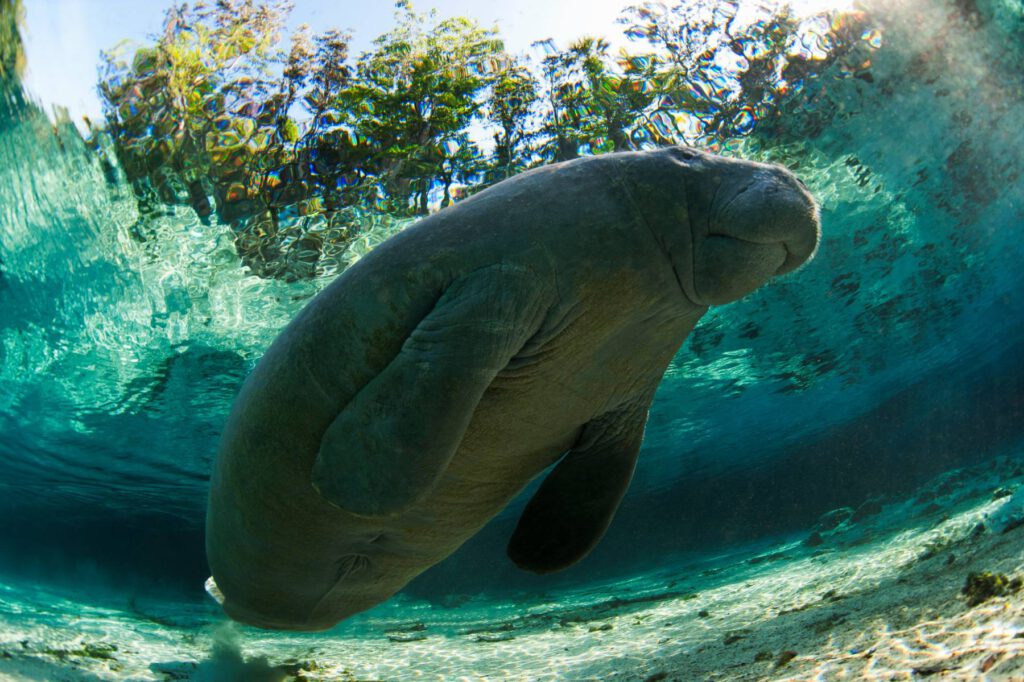
Challenges and Solutions
Impact of tourism on Caribbean ecosystems
While eco-tourism strives to minimize the negative impact on the environment, the rapid growth of tourism in the Caribbean can still pose challenges to fragile ecosystems. Increased tourist footfall, pollution, and habitat destruction can threaten the very nature that attracts visitors in the first place.
Sustainable practices in eco-tourism
However, numerous Caribbean destinations have recognized the importance of sustainable practices in eco-tourism. They have implemented measures such as waste management programs, renewable energy initiatives, and community involvement to ensure that the delicate balance between tourism and conservation is maintained. By supporting these destinations and actively participating in eco-friendly activities, you can contribute to the preservation of the Caribbean’s natural beauty for future generations to enjoy.
Conclusion
The diversity and beauty of the best Caribbean islands for eco-tourism
The Caribbean boasts a remarkable array of eco-tourism destinations that showcase the intrinsic beauty of nature while promoting sustainable practices. From Dominica’s commitment to preserving its natural landscapes to the stunning biodiversity of Costa Rica, the Caribbean is a paradise for eco-conscious travelers.
The importance of preserving natural habitats
As you embark on your eco-tourism adventures in the Caribbean, remember the importance of preserving these natural habitats. By choosing responsible travel options, supporting local conservation efforts, and spreading awareness about the significance of eco-tourism, you become an advocate for a greener, more sustainable future for the Caribbean and the planet as a whole. So, pack your bags, and visit one of the best Caribbean islands for eco-tourism.

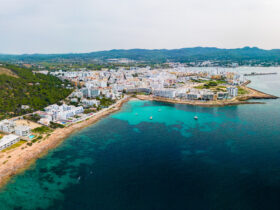
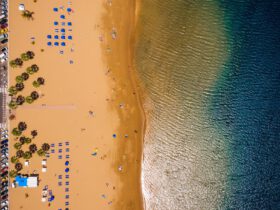

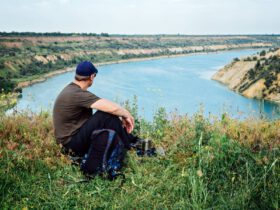
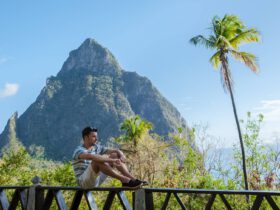
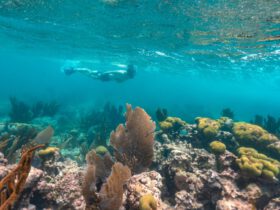

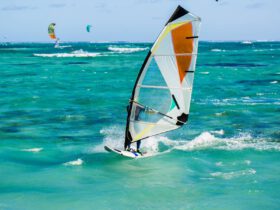



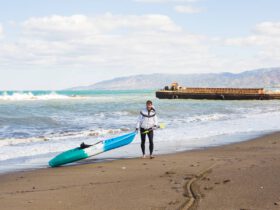


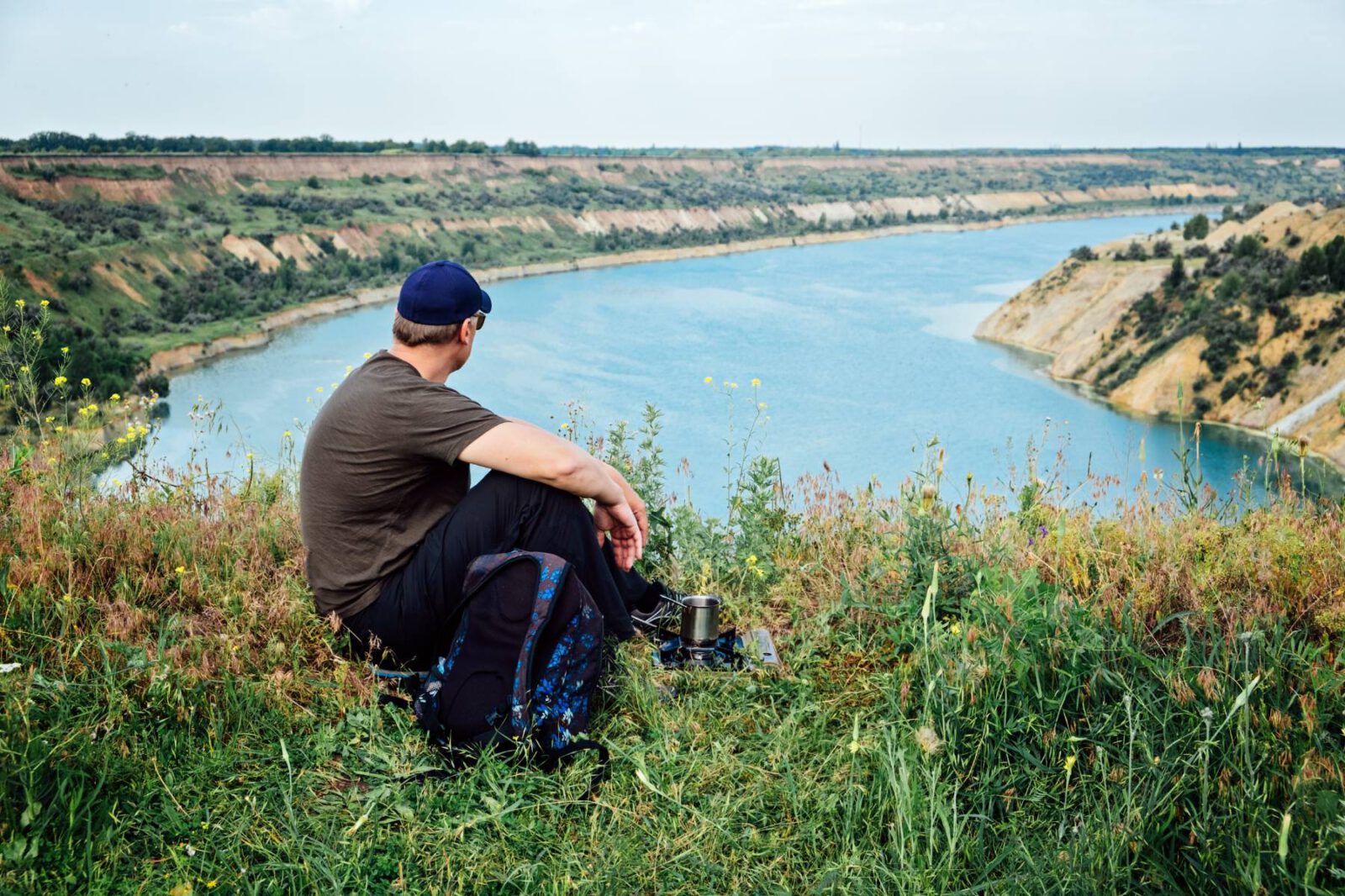
Leave a Reply